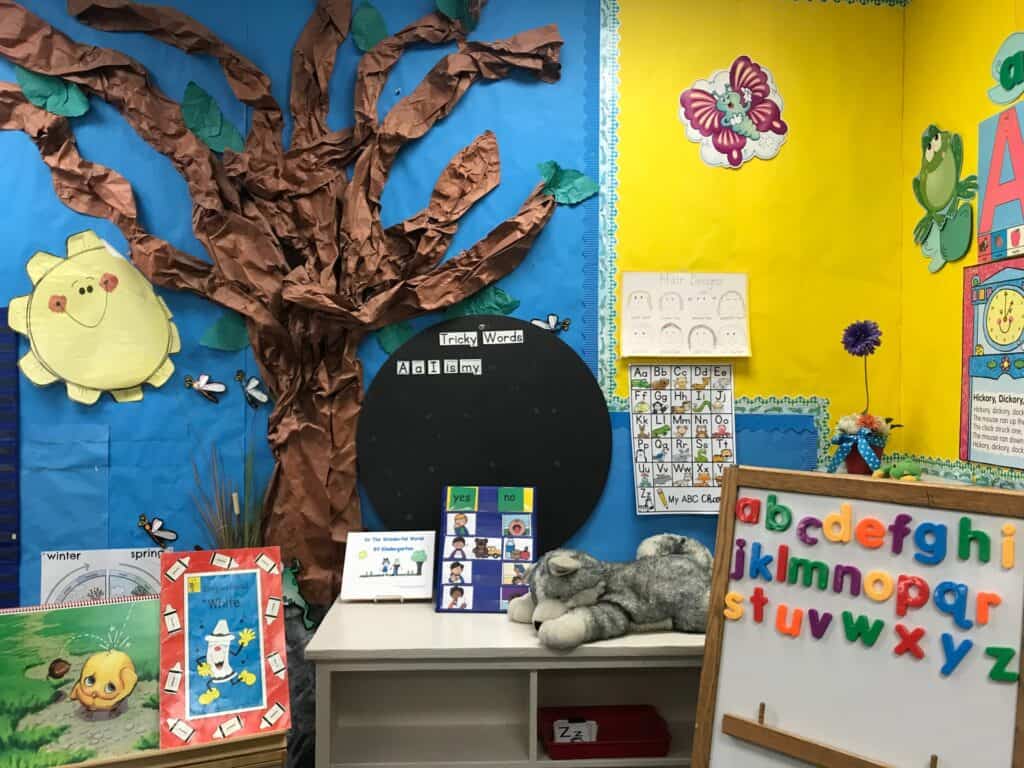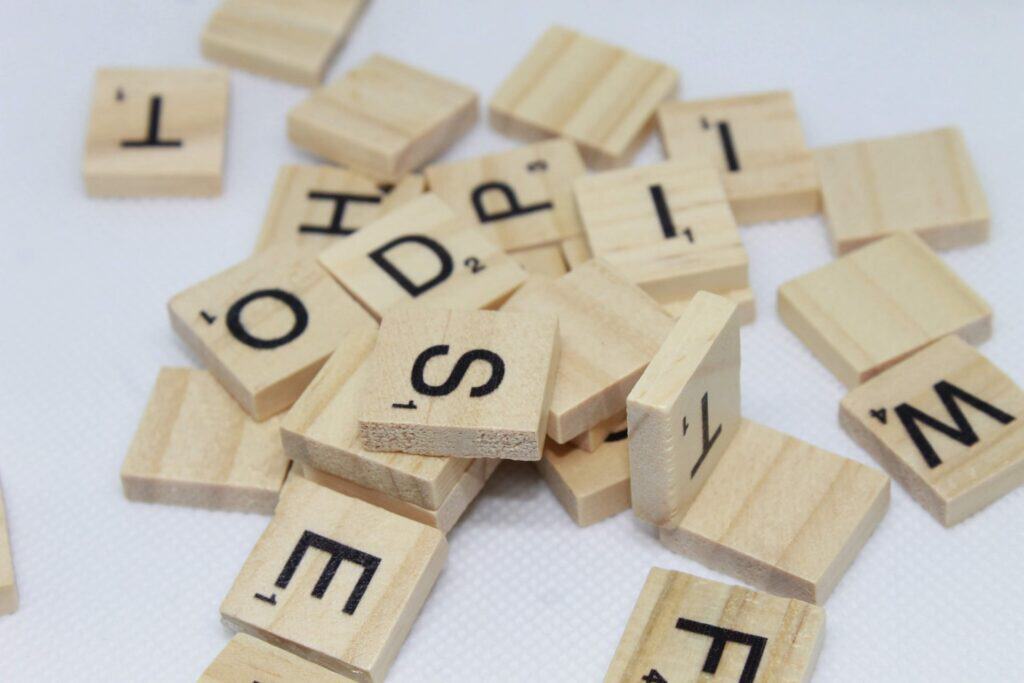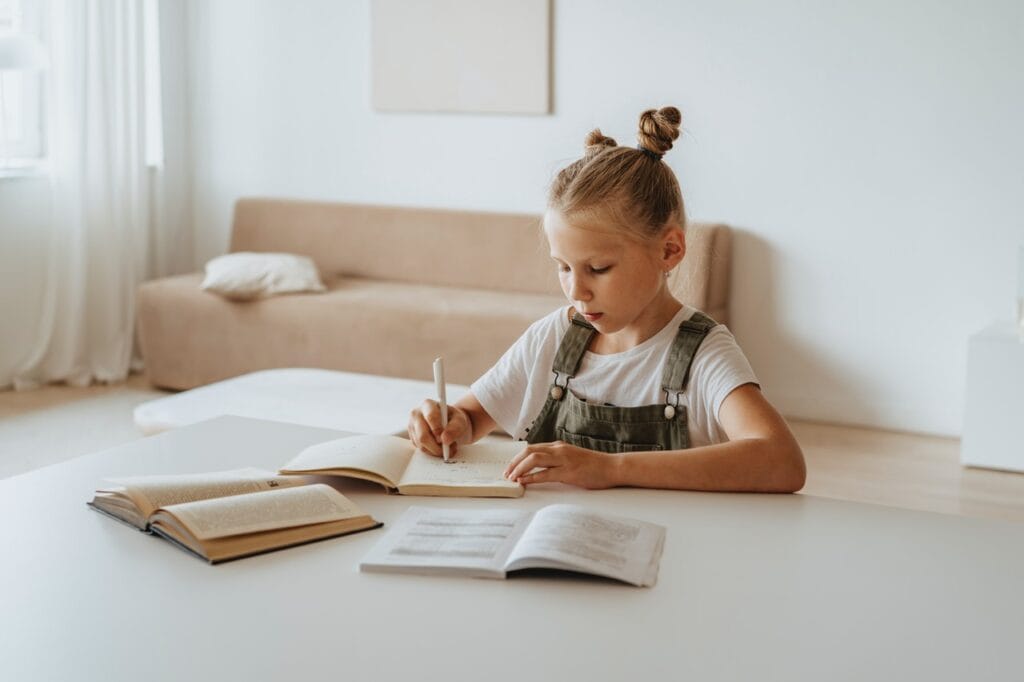Year 4 English will be an exciting step up from Year 3 English content, so you’re probably wondering what you and your child will be learning next – but no stress, we’ve got you covered!
Below, we’ve outlined the key learning areas from the Australian Curriculum, the types of texts that your child will study and create, and the standards that your child will reach by the end of Year 4 English.
Although these things may vary across schools and teachers’ preferences, this article should give you a good idea of what your child will learn over Year 4 English.
Let’s get into it!
The Year 4 English Curriculum
#1: Language
#2: Literature
#3: Literacy
Assessment Types in Year 4 English
Standards for Year 4
Year 4 English Worksheets and Resources
Looking for English guides for other year groups?
If you have a child in a different year group to Year 4, we’ve also got guides for them! Have a look at our guides for the various year groups:
Year 1 | Year 2 | Year 3 | Year 5 | Year 6 | Year 7 | Year 8 | Year 9 | Year 10
The Year 4 English Curriculum
Here are the three key components that Year 4 English will focus on:
- Language
- Literature
- Literacy
These three components aim to develop your child’s knowledge, understanding and skills in listening, reading, viewing, speaking, writing and most importantly, creating. Having an appreciation of these components will help your child engage with a variety of texts for enjoyment.
Learning in Year 4 English will continue to build on the concepts, skills and processes that were introduced in Year 3, giving them more tools to develop their skills in English!
Now, let’s break down these components:
#1: Language
Language is the backbone of English studies, and everything your child will study in English will find its foundations in language.
Year 4 English will continue to expand upon spelling and understanding complex and multisyllabic words such as ‘straightaway’ and ‘thoughtful’, and will continue to explore how language is important in areas such as dialogue, linking ideas and for the intended audiences.
Your child will be exposed to a variety of texts, such as poetry, images and narratives, and from that, see how different ideas are presented by colour, descriptions and framing (super exciting!). This will help them explore ways in which different ideas may be expressed or portrayed through language and imagery, and in turn, build their own ideas.
Lastly, the language component will show the importance of language in interaction, and the way people engage with ideas and responding to others. Here, your child will be able to understand the differences in opinion, understand their classmates’ ideas and be able to appreciate these in group activities.
At the end of the year, your child will be able to:
- Understand how texts vary in complexity and technicality through structure and organisation
- Understand letter patterns through reading and writing
- Understand how language is used for social interaction and communicating ideas
- Understand and appreciate others’ opinions and choices in communication.
#2: Literature
Year 4 English will continue to extend your child’s skills from Year 3, especially as they explore and analyse ideas in literature.
The selection of texts for Year 4 is designed to support students with their understanding of language, by learning about the world around them in oral texts including Aboriginal stories, picture books, various types of print and digital texts, simple chapter books, rhyming verse, poetry, non-fiction, film, multimodal texts, dramatic performances and texts used by students as models for creating their own work.
Your child will have the opportunity to engage with texts that are exciting, moving and absorbing and hold their interest, as well as visual texts that represent meaning.
Some of the texts that your child will engage with will include:
- Australian literature about people and places, including the oral narrative traditions of Aboriginal and Torres Strait Islander Peoples
- Contemporary literature of these two cultural groups
- Classic and contemporary world literature, including texts from and about Asia
By engaging with these wide variety of texts, your child will be able to respond to, and analyse why different stories matter, and how they are used in communication and interaction. Teachers will encourage students to read widely and understand the qualities of different texts by different authors, especially how others’ opinions enrich our understanding of the world and of other people.
Students will be exposed to texts from different cultures and places, and will find similarities and differences that will aid them in creating their own texts.
Responding to Texts
Following this, your child will be encouraged to share their own responses on these particular texts, especially how the narrative and the characters make them feel.
Teachers will guide students in drawing similarities and differences between different characters, and their own experiences. This helps students understand different types of texts, and come to appreciate the ones they like the most.
In group discussions and in role-playing, your child will be able to hear from other students and their own experiences, and of course, share their favourite stories and characters too!
Putting Their Knowledge Into Practice
Lastly, your child will be able to create their own stories! With the skills learnt from engaging in a variety of texts and sharing them with their peers, teachers will continue to guide students through the power of storytelling, and creating structure in plot, setting, and characters.
With the inspiration of cultural stories, your child will also have the opportunity to create visual representations of their stories, from local stories to worldly stories. Creative texts will include role-playing, drawing, writing and media representations.
By learning in literature, your child will:
- Engage with a diversity of texts, from local stories to worldly narratives.
- Build and share their own responses to texts, and learn to understand and appreciate others’ responses to the same texts
- Create their own stories through a wide range of mediums.
#3: Literacy
Finally, an important component of Year 4 English is literacy, which primarily focusses on building critical responses, discussion and creative writing skills. Year 4 English literacy texts will support and extend their skills as independent readers, as they describe complex sequences over short novels that involve unusual happenings within a framework of familiar experiences.
Along with language, your child will see examples of persuasive texts and informative texts, and compare these with creative texts. They will also develop on their identifying skills in finding key ideas, making inferences about characters and predict outcomes from language techniques and visual cues.
Most importantly, your child will develop skills in finding the message in each of these texts, and be able to present them to their peers either in writing or verbally.
Active Participation
Here, your child will have the opportunity to read and present passages and their own written responses aloud to their peers. This will help your child understand the process of predictable and decodable texts through their structure and language development.
This in turn will develop their skills in language phrasing, fluency and linguistics.
Overall, this will help your child build their confidence in reading and writing, as well as group discussion, so that they may express their ideas and contribute to other responses by their classmates!
Putting Their Knowledge Into Practice
With these components in mind, your child will have no problems in showcasing their own texts by the end of the year! They will have gained extensive knowledge of text structure, language forms and techniques, and multimodal texts (visual and written representations) to be able to create their own texts.
These will include narratives, procedures, performances, reports, review, poetry and expositions. In doing so, they will be practising their own writing skills and refine their grammar and punctuation.
Lastly, your child will refine their editing skills, being able to proofread their work to improve!
To summarise, literacy will help your child:
- See a range of opinion pieces and make inferences on their main ideas
- Understand the process of text structures and predict their outcomes
- Create their own texts to express their ideas in written and oral format
Assessment Types in Year 4 English
Throughout the year, your child will create a ‘portfolio’ of texts, building on a variety of informative, persuasive and imaginative texts, including:
- Creative writing stories
- Poetry
- Speeches
- Roleplay and performance
- Recounts
- Procedures
How these will be assessed will be dependent on your child’s school, but your child will still be exposed to all these texts throughout the year.
Here are also the examples of the standard of writing that is expected of Year 4 students (click on the links below):
Year 4 Achievement Standards
There are two Achievement Modes for Year 4 English: Receptive Modes (reading, listening, and viewing), and Productive Modes (speaking, writing, and creating).
Here’s a rundown of where your child should be by the end of the year.
Receptive Modes:
By the end of the year, your child should:
- Understand that texts have different text structures depending on purpose and context
- Explain how language features, images and vocabulary are used to engage the interest in audiences
- Describe literal and implied meaning connecting ideas in different texts
- Fluently read texts that include varied sentence structures, unfamiliar vocabulary including multisyllabic words
- Express preferences for particular types of texts, and respond to others’ viewpoints.
- Listen for and share key points in discussion
Productive Modes:
By the end of the year, your child should:
- Use language features to create coherence and add detail to their texts
- Understand how to express an opinion based on information in a text
- Create texts that show understanding of how images and detail can be used to extend key ideas
- Create structured texts to explain ideas for different audiences
- Make presentations and contribute actively to class and group discussions, varying language according to context
- Demonstrate understanding of grammar, select vocabulary from a range of resources and use accurate spelling and punctuation, re-reading and editing their work to improve meaning.
To keep track of your child’s progress, it’s important to communicate with a teacher or tutor throughout the year who has been able to look at their work and confidence in class! If you’re looking for tutoring support, we can help! Check out the K-12 English support we provide in Parramatta!
Year 4 English Worksheets and Resources
On the hunt for English worksheets and resources for Year 4 students? We’ve got exactly what you’re looking for!
Spelling Worksheets
Spelling is such an essential skill that your child will continue to learn and develop within Year 4 English.
To help your child practise, we’ve created a wide range of spelling lists — check them out below:
Download Printable Year 4 Spelling Words Worksheets
Reading lists
Unsure about which books are best suited to Year 4 students? We’ve gathered a list of books recommended by NESA that are categorised under Australian Literature and Literary Texts from Other Countries and Times.
Read through the list below:
Year 4 Recommended Reading List: Best Books for 8 and 9 Year Olds
Phew! We’re at the end of it! If you would like to know more about Year 4 English, head here to view the entire curriculum.
We wish you and your Year 4 child the best, and we’re super excited to see you have fun on the course!
Looking for some extra help for your child with Year 4 English?
We have an incredible team of English tutors and mentors!
We offer tutoring and mentoring for students in Years K-12 in a variety of subjects, with personalised lessons conducted one-on-one in your home, online or at one of our state of the art campuses in Hornsby or the Hills!
Looking for English tutoring in Queensland? Check out more info here!
We’ve supported over 8,000 students over the last 11 years, and on average our students score mark improvements of over 20%!
To find out more and get started with an inspirational English tutor and mentor, get in touch today or give us a ring on 1300 267 888!
Camille Chin is your certified Art of Smart Veteran! Starting as a student at Art of Smart herself, she felt passionate about helping students boost their academic confidence so that they can achieve and reach their full potential in their studies. She currently studies Law and Arts – English at Macquarie University, and loves volunteer firefighting, reading and watching musical theatre in her spare time.








